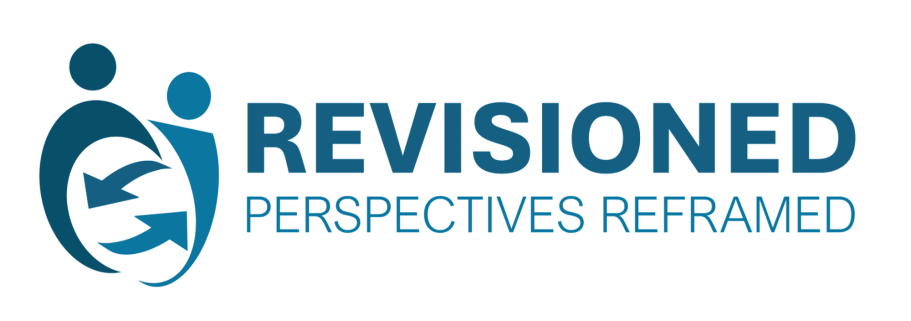Workplace Conflict is Inevitable
Don't avoid it - manage it!
Suppose you are looking to build an innovative workforce, and you're in the habit of recruiting people from diverse backgrounds with a variety of personality types. Then you're positively inviting conflict into your business. And so you should. Managed properly, conflict will increase communication, trust, teamwork, and creativity in your team. You will be better equipped to problem-solve and have healthier relationships, which in turn will positively impact morale and commitment.
On the flip side, unresolved conflict can lead to significant costs in productivity, morale, and company culture. ACAS have determined that the cost of poorly manage workplace conflict in costing UK business £28.5 Billion per year.
Workplace mediation is a constructive method for resolving these disputes, fostering communication, and promoting a harmonious work environment. This article discusses workplace mediation, its benefits, the mediation process, and its role in enhancing organizations.
So, what is Mediation
Workplace mediation is a structured process where a neutral third party, known as the mediator, assists conflicting parties in reaching a mutual resolution. Unlike arbitration or litigation, mediation focuses on dialogue and understanding rather than imposing a decision.
Why Mediation
- Relationships Maintained: Mediation emphasizes empathy, allowing parties to preserve relationships post-conflict, which is crucial for ongoing collaboration.
- Cost: Mediation is generally less expensive than grievances and legal proceedings, saving organizations time and resources.
- Safe: Conducted in a confidential setting, mediation encourages open discussion without fear of repercussions.
- Empowerment: Participants are encouraged to find their own resolution, fostering a sense of ownership in the outcome.
The Mediation Process
- Pre-Meeting: The mediator will meet with each of the parties to determine
- Introduction: The mediator outlines the process and sets ground rules for respectful dialogue.
- Opening Statements: Each party presents their perspective and concerns.
- Exchange: The mediator facilitates open expression of emotions and thoughts.
- Interests: The mediator helps to uncover the underlying interests of each party.
- Acknowledgement: Parties collaborate to find common ground and reach a resolution.
- The Way Forward: The final agreement is documented and agreed upon, thus securing commitment.
Workplace mediation is an effective tool for managing conflicts, promoting understanding, and creating a harmonious environment. By emphasizing communication and active resolution, it empowers employees and leads to positive outcomes, benefiting collaboration and overall organizational success.


©Copyright. All rights reserved. Privacy Policy
We need your consent to load the translations
We use a third-party service to translate the website content that may collect data about your activity. Please review the details in the privacy policy and accept the service to view the translations.
